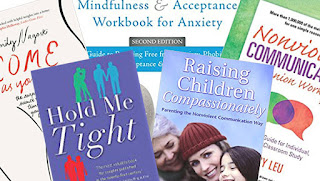How to help your child develop resilience to overcome adversity

As adults we become well versed in dealing with the trials and tribulations that life throws our way. However, try as we might to shield them, as parents there is little we can do to protect our children from life’s ups and downs. We can however do a great deal to help prepare them and to aid their development of resilience - a quality they’ll need in order to lead a fulfilling and happy life. Raising resilient children is about providing them with the tools they'll need to respond to the issues, problems and challenges they'll face throughout their childhood and into adolescence. With news of mental health issues in children seemingly on the rise, anything we can do to help them deal with stress and promote a positive mental outlook – even when things don’t go their way – can only help them as they navigate their way into adulthood. So what do resilient children look like? They’re the ones who seem to bounce back when things don’t go to plan. They’re the children who appea...
